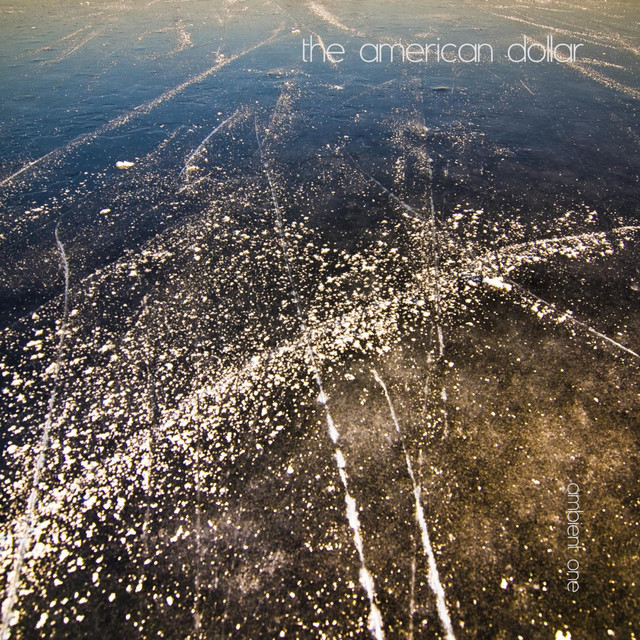Roger Federer retired from tennis last week, and it hit me a bit harder than I had expected.
And I think I blame this blog.
In writing for this site over the past dozen years, I’ve spent a lot of time thinking about beauty, both in music and more generally. Perhaps more than any other sports figure, Roger Federer’s remarkable ability has inspired some of the most eloquent and thoughtful writing on the topic of beauty in sports.
See, for example, David Foster Wallace’s often-quoted observation in an essay about Federer that “Beauty is not the goal of competitive sports, but high-level sports are a prime venue for the expression of human beauty. The relation is roughly that of courage to war.” Or William Skidelsky’s memoir-slash-bio “Federer and Me” in which he not only recounts important moments from Federer’s career, but credits his Federer obsession with leading him out of a dark time in his life.
Federer’s retirement wasn’t really a surprise – he’s in his forties and hasn’t played since an operation on his knee in 2021 – but it was still sad to me, in the way that a certain type of change tends to be sad.
When I first became aware of Federer it was 2003, and he was beating up on my favourite tennis player; Andy Roddick, an American who to early-20s me was cool, exciting, funny, and looked a bit like Stiffler from “American Pie.” Federer, on the other hand, was boring, faultless, and invincible. As much as I wanted Roddick to win, it seemed inevitable that he was several levels below Federer. Everyone was.
I lost touch with tennis for a few years, following other sports instead. But every once in a while I would read a headline or catch some highlights, and slowly Federer’s march towards sports immortality became inexplicably important to me. I wouldn’t watch him play, but I’d be happy to see that he’d won. It was reassuring.
It was a bit like glancing at a familiar view just to make sure everything was the way it ought to be; like seeing your city’s most famous building from a distance, and feeling grounded by knowing that it’s still there.
My interest in following (and playing) tennis returned in 2014, right as Federer’s career, which many had written off after a dismal 2013, was having its own resurgence. The next five years were full of victories for Federer, but his winning wasn’t as imperious as it had been a decade earlier. There were cracks and shortcomings that made the occasional perfection even more satisfying somehow.
And his victories, when they did come, were more than just reassuring: they felt important. The way Federer plays tennis is almost always described as “beautiful,” and so when he won it was like confirmation that beauty still meant something in a world more concerned with efficiency and brute strength.
What makes this a beautiful song:
1. The opening keyboard, whose three-chord progression continues uninterrupted throughout the song, but whose meaning changes as the chords surrounding it bring out different colours.
2. The pinging synth noises, like the echo of a ball bouncing in an empty stadium.
3. The whole thing seems to want to build towards a big finale, but instead it fades away on a high guitar riff and a repeating low bass line.
Recommended listening activity:
Watching sports highlights in slow-motion.
